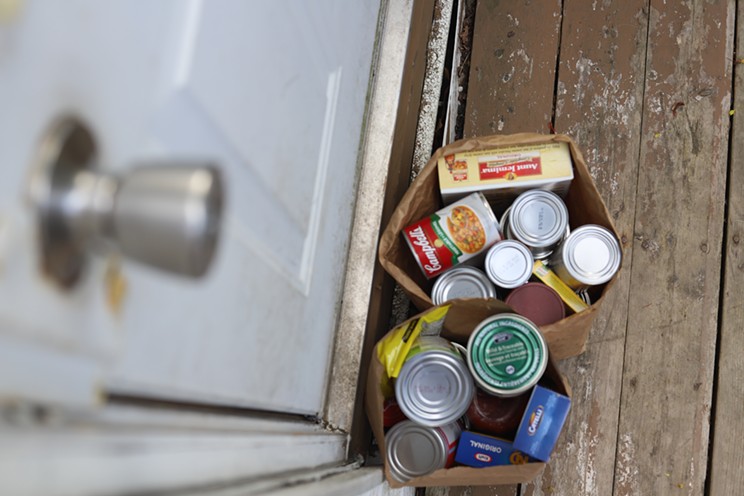The way the omicron wave is washing over the province, if you haven’t had to isolate due to potential COVID-19 exposure, chances are you’ll have to do so very soon. In Nova Scotia, there are currently over 6,000 active cases, and a recent (non-scientific) Coast poll found that 40 percent of people have already put in time isolating.
But now the government has stopped all official contact tracing outside of hospitals and congregate living settings. The onus is more on the public to notify close contacts, use rapid tests to detect spread and go into isolation as recommended. What does the self-guided self-isolation regime look like?
Every time you’re a close contact of somebody with COVID, you should isolate until you can get a negative rapid test, even if you’re double vaccinated. If you have any symptoms that could be COVID, you also need to isolate until symptoms go away and you test negative. And if you return to Canada from travel outside the country, you have to isolate until you receive a negative PCR test result.
Whether you’re preparing to isolate for the first time, or you’re an old pro at staying home, you should make a plan to get food, supplies and social connection during your quarantine period. Ideally, you’ll make a plan before you’re stuck indoors, but even if you have to develop one after starting isolation, having a plan can help you make it through with your sanity intact.
Get help
It’s important to have a community of people who can help you out for the three, five or 10 days you may not be able to leave your house. Ask friends, family, colleagues or neighbours if they’d be willing to drop off food and supplies. Consider whether the person you’re asking has time and lives nearby, and offer to do the same for them if they need to isolate. Figure out how you could send them money to purchase supplies and decide whether they should leave packages at your doorstep or in your lobby.
Stock up on food
Before you have to isolate, make sure you have enough food to get through! You might not want take-out every day, so ensure you have a stash of foods that will last. This doesn’t have to be canned beans–think pasta with long-lasting veggies like carrots, onions and potatoes; rice with canned sauce you’ve levelled up; and soups you portioned and froze in advance. Make sure you have healthy food as well as foods that are easy to eat if you get sick. A few treats don’t hurt either!
Find your faves
For the days you can’t get your designated contact with the outside world to drop something off and/or are too sick to get out of bed and make a meal, have local restaurants on speed dial. Be sure to ask for contact-less drop-off and tip your delivery driver well–they’re risking their health to get your pad Thai. If you start running out of essentials, you can also find apps like Instacart and even local options like Couryah and Room Service Halifax.
Make a plan to physically isolate
If someone in your household becomes ill with COVID-19, it’s recommended they physically separate from others living there. Whether it’s the basement or alternative accommodations like heading to stay with another friend or family member, you should make a plan in advance, especially if you share a bedroom with a significant other. If you have children, pets or even houseplants, include who will be responsible for their care in the plan.
Keep busy
While it’s the least important for your physical health, it’s perhaps the most important for your psychological health: don’t get bored. Spending day after day inside the same four walls can be monotonous, so make a list of books to read and shows or movies to watch. Because you won’t be having anyone over, make a list of friends and family who you can phone or video chat, and partake in virtual events happening around town or across the world.

